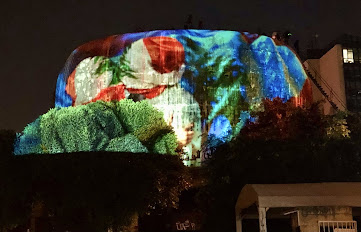Investigating the mental health and wellbeing of young Arabic-speaking adolescents who have migrated to Ireland from conflict-affected countries

by Yvonne Leckey, Sinead McGilloway and Rita Sakr Families from refugee backgrounds living in high income countries, often experience poorer psychological and wellbeing outcomes due to the many health, social and cultural challenges experienced post-migration (Fazel et al. 2012). Over half of the world’s refugees are children aged under 18, many of whom have come from conflict-affected countries where they have experienced multiple traumas. The long-term effects of pre-migration traumas, including conflict, violence, separation and/or loss of family members, may persist without adequate supports, potentially exacerbating existing difficulties. Post-migration, refugees commonly face stigmatisation and discrimination in their host countries, contributing further to poor mental wellbeing. In response to the refugee crisis in 2015, the Irish Government established the Irish Refugee Protection Programme (IRPP), with a commitment to accept up to 4000 refugees through the European Union
